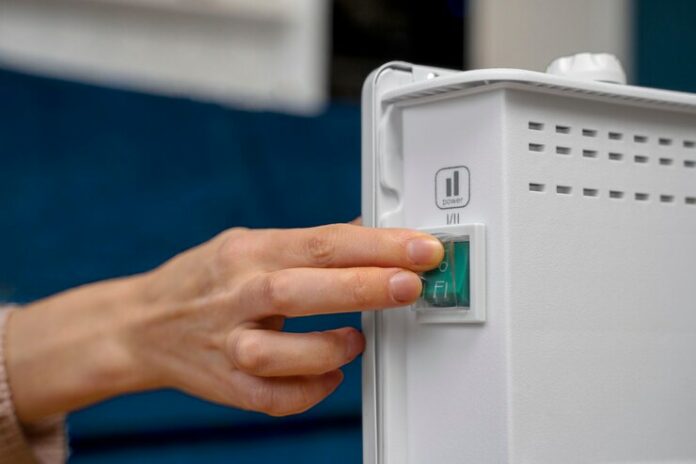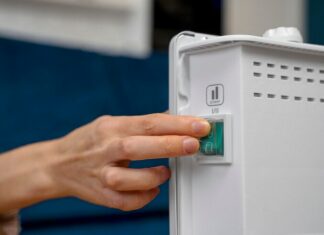A well-maintained heating system provides comfort and also enhances efficiency along with longevity. This helps you in saving your money on repairs and energy bills. Here’s everything you need to know about keeping your heating working more efficiently.
Regular Maintenance
Table of Contents
Annual Inspections
Schedule an annual inspection with a professional HVAC technician and yes, this helps. Certainly, they will look for any problems, clean components, and push themselves to ensure that everything functions properly. In addition, you should locate the most appropriate solution, so that regular checks can assist stain issues early before they progress into costly replacements. If your heating system is not working properly, you will need to enlist the help of a furnace repair service.
Replace Filters
Dirty filters restrict airflow, forcing your system to work harder and less efficiently. Replace or clean filters every 1-3 months, depending on the type of filter and your home’s environment. Homes with pets or high dust levels may need more frequent changes.
System Components Care
Thermostat Settings
Ensure your thermostat is functioning correctly before you find its troubling. Next thing, you should think about upgrading to a programmable or smart thermostat. This helps in optimizing heating schedules as well as helps to diminish energy consumption. Set the temperature more subordinate when you’re away or sleeping to save on energy costs.
Clean Vents and Registers
Blocked or dirty vents lessen airflow and efficiency. Regularly vacuum and dust vents and registers. Furthermore, try to ensure furniture or drapes do not obstruct them, allowing free flow of heated air.
Inspect Ductwork
Leaky or poorly insulated ducts can lead to a large amount of heat loss. Inspect ducts for leaks and seal them with duct tape or mastic sealant. Insulate ducts in unheated areas to prevent heat loss.
Safety and Efficiency
Check Carbon Monoxide Detectors
A malfunction can lead to carbon monoxide leaks if you have a gas or oil furnace. Ensure you have functioning carbon monoxide sensors near all sleeping areas along with the stove. Test them regularly and also should replace batteries when needed.
Bleed Radiators
For homes with radiators, bleeding them can release trapped air, which prevents the system from heating efficiently. Turn off the heating and use a radiator key to open the valve slightly, releasing air until water flows steadily.
Monitor System Performance
Pay attention to how your system operates. Unusual noises, uneven heating, or frequent cycling on and off can indicate problems. Address these issues promptly with professional help.
Preventative Measures
Weatherproof Your Home
Weatherproofing your home reduces the demand on your heating system. Weatherstrip the doors and windows, install heavy shades, as well as helps to insulate the roof and walls. Certainly, these methods maintain heat within, thereby lowering the demand on heating systems.
Keep the Area Around the Furnace Clear
Make sure there is sufficient clearance round your furnace that allows for optimum airflow and maintenance. Keep combustible things away and clean the area on an ongoing basis to avoid accumulation of dust.
Professional Help
Know When to Call a Professional
While regular maintenance can prevent many issues, as you can figure out some problems require professional attention. As a matter of fact, If you notice persistent issues like strange noises, insufficient heating, or rising energy bills, it’s time to call an HVAC professional.
Consider Upgrades
It could be time for a change your system if it has become more than 15 to 20 years old. Such that, the Energy costs may be greatly decreased by employing modern heating technologies. However, these are also more efficient. Choosing the ideal system for the home might be aided by an HVAC expert.











